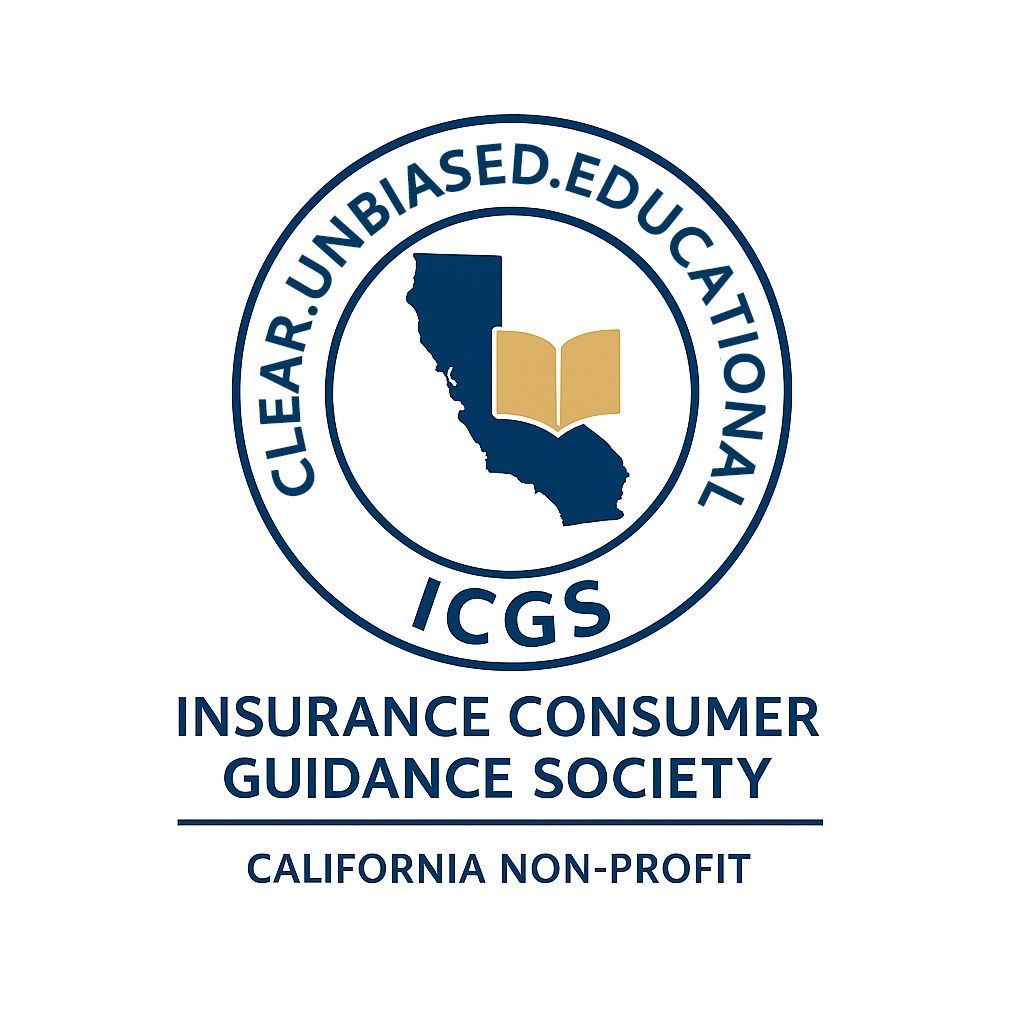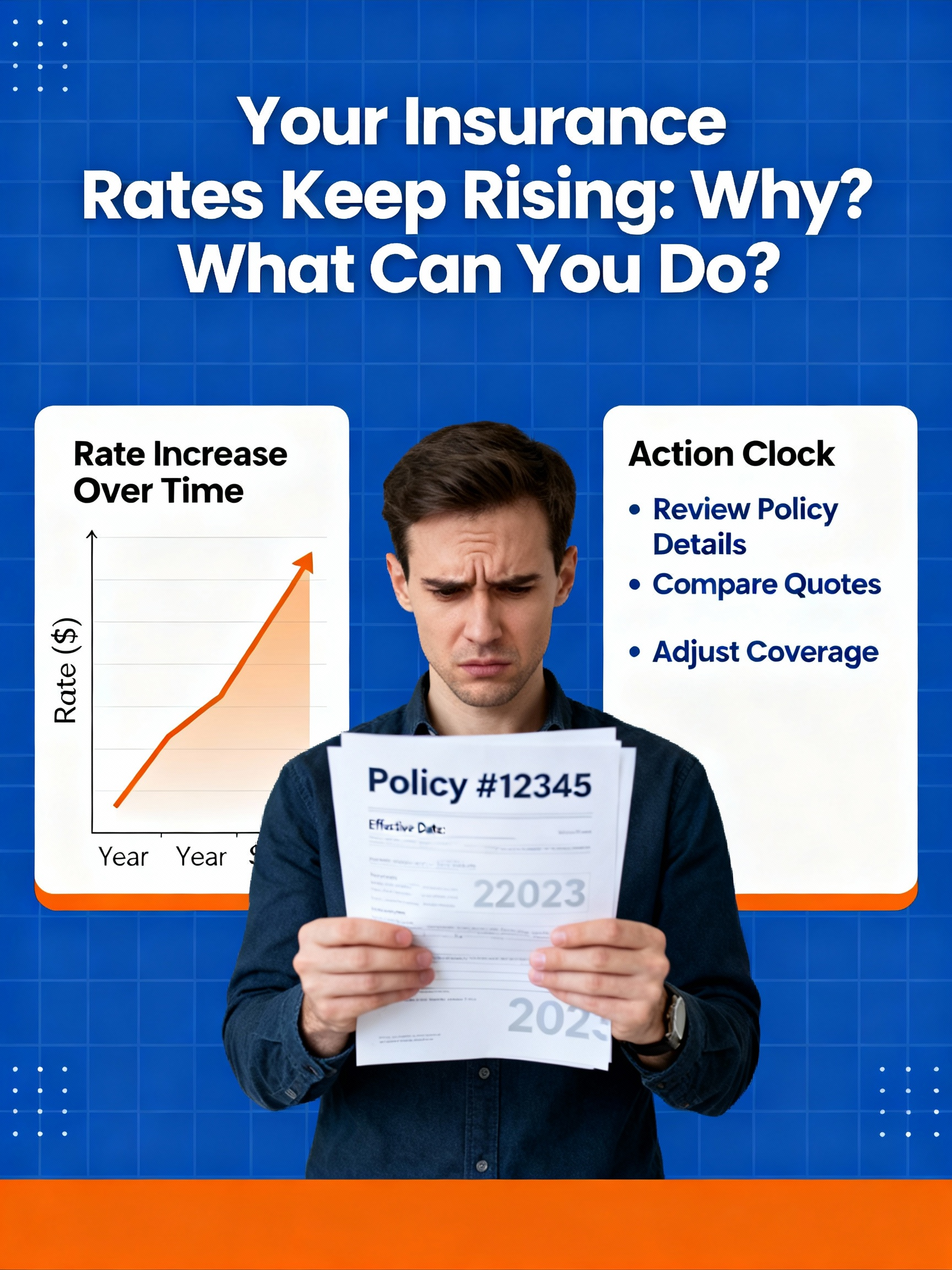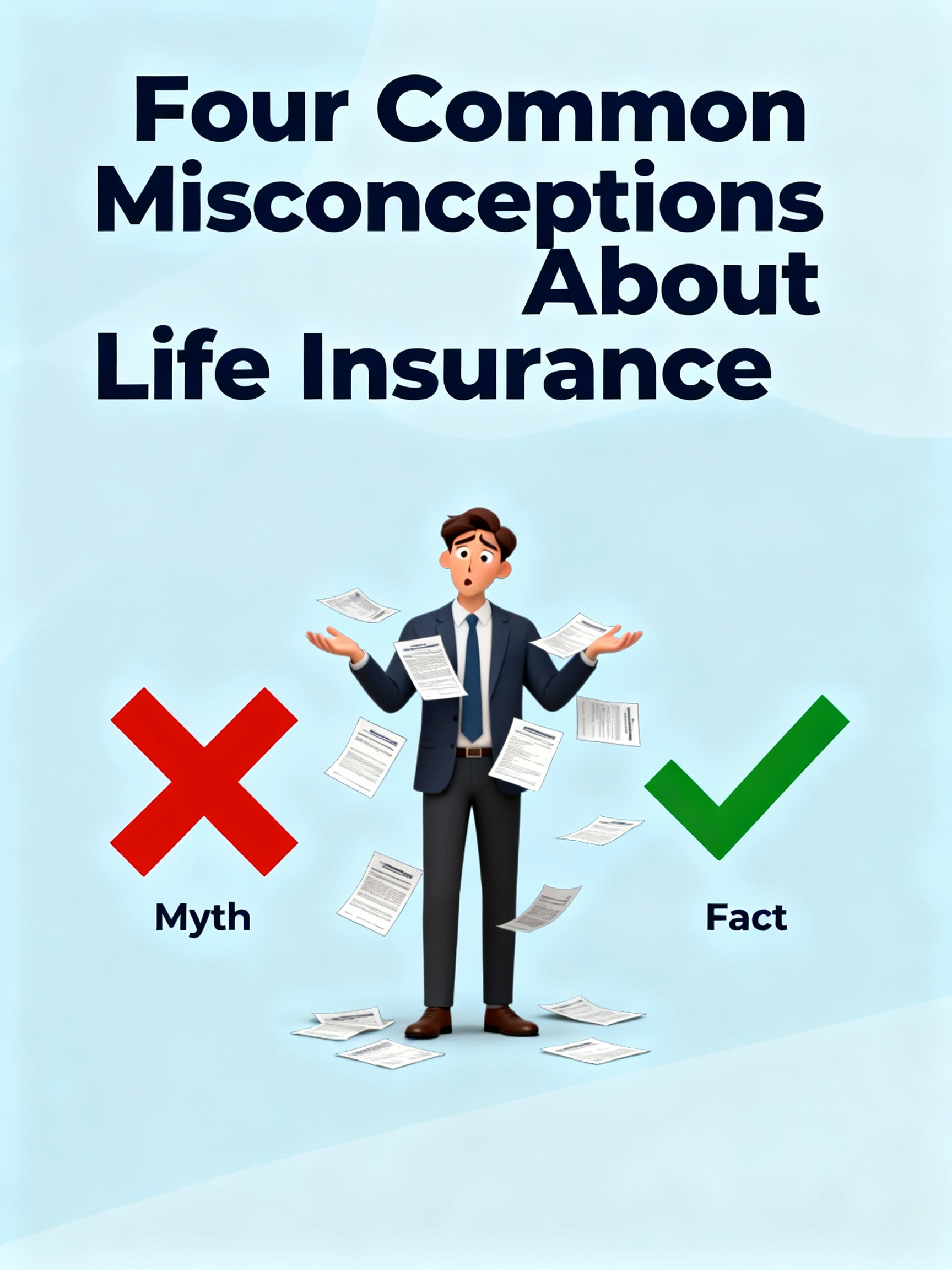Demystifying Insurance: From Quotes to Claims — What Every Consumer Should Know
Published Date: 11/21/2025
Insurance can feel confusing, especially when you’re trying to understand why quotes vary, how underwriting works, or what really happens when you file a claim. By learning how the system operates behind the scenes, you can protect your privacy, avoid common pitfalls, and make smarter decisions about your coverage.
The Hidden Trap of Online Insurance Quotes
Most people begin their insurance search online, but the top results often belong to lead generation companies—not actual insurers. These sites collect your information and sell it to multiple agents and brokers, which can lead to weeks or months of unwanted calls and emails.
Before submitting personal details like your driver’s license number or VIN, make sure you know who’s receiving the information and how it will be used.
How to avoid the trap:
- Look for real insurance company names such as Mercury, Progressive, or Hartford.
- Work directly with licensed brokers or agencies that won’t resell your data.
- Use a secondary email address if you want to compare multiple quotes.
Agents vs. Brokers: Knowing the Difference
It’s important to know who you’re working with:
- Agents represent one insurance company and are contractually tied to that single carrier.
- Brokers represent you, the consumer, and can shop among many companies to find the best match.
Agents may have exclusive discounts and programs, while brokers offer broader choice and unbiased guidance. Understanding the difference ensures you get the support that fits your needs.
What Really Happens During Underwriting
Underwriting is the behind-the-scenes process where insurers evaluate your application and determine your rate. It’s based on risk assessment — a modern version of the original “underwriting” practice from Lloyd’s of London, where investors literally signed their names under the risks they accepted.
For auto policies, underwriters consider:
- Vehicle make, model, year, and VIN
- Driving history and license status
- Garaging location
- Coverage selections
- Insurance scores or credit-based factors (where legal)
Credit-based insurance scoring remains controversial, but many insurers believe it helps price risk more accurately. Regulators continue to debate how much data should be used — and how much consumers should be expected to share.
Telematics and the New Data Dilemma
Telematics programs — which monitor braking, acceleration, mileage, and other driving habits — promise a new level of pricing accuracy. Many modern cars already collect this data automatically, and some insurers offer discounts for drivers who opt in.
But telematics raises complex questions:
- How are shared vehicles evaluated?
- What happens when context is misunderstood?
- Who owns the driving data — and how long is it stored?
Telematics can reward safe driving, but it also introduces privacy, fairness, and transparency concerns that consumers must consider.
Filing a Claim: Why Honesty Matters
Filing a claim can feel stressful, but the process works best when both sides act in good faith. Claims adjusters review your loss, verify coverage, and determine payment amounts — often while handling a heavy caseload.
To keep the process smooth:
- Be truthful and avoid exaggerating damages.
- Provide consistent information to your agent, adjuster, and insurer.
- Stay patient and responsive throughout the process.
Insurance policies are contracts requiring mutual honesty. Fraud — even accidental — can lead to denial of claims or policy cancellation.
Privacy, Pricing, and the Future of Insurance
As insurers gather more data to refine risk pricing, consumers face a new challenge: balancing accuracy with privacy. More data can mean fairer pricing, but it can also feel intrusive.
The future of insurance will depend on how well the industry, regulators, and consumers navigate questions like:
- How much personal data should insurers collect?
- What protections should exist around data storage and use?
- How can pricing remain fair without becoming invasive?
Finding the right balance is essential for maintaining trust.
Knowledge Is Your Best Policy
Insurance doesn’t have to be intimidating. By understanding how quotes are generated, how underwriting works, and what happens during a claim, you can make informed decisions that protect both your coverage and your privacy.
Remember to:
- Work with trusted professionals rather than anonymous websites
- Protect your personal information
- Read your policy carefully and ask questions
- Be honest and cooperative during claims
Insurance works best when built on transparency and trust. The more you understand today, the better prepared you’ll be to safeguard your financial future.
Author









